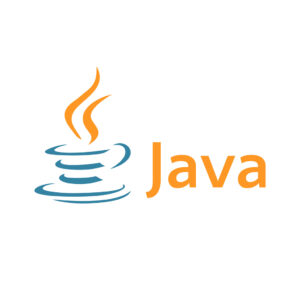
Overview
Java is a versatile, object-oriented programming language known for its platform independence and security features. It is widely used for developing web applications, mobile apps, enterprise software, and large-scale systems. Java follows the "Write Once, Run Anywhere" principle, making it highly portable. Its robustness, scalability, and strong community support make it ideal for modern software development.
Study Mode:
Duration:
Curriculum For:
Batch Seats:
Learning outcomes
- Understand the core concepts and syntax of Java programming.
- Develop object-oriented applications using classes, objects, and inheritance.
- Implement exception handling and robust error management in Java programs.
- Work with file handling and input/output operations in Java.
- Build GUI-based applications using Java frameworks and libraries.
- Create scalable, secure, and platform-independent applications with Java.
Career information
Java offers diverse career opportunities in software development, web applications, mobile apps, and enterprise solutions. It is widely used in industries like banking, telecom, and e-commerce for building secure, scalable applications. Java developers are highly sought after for backend development, Android app development, and cloud-based projects. Its strong community support and cross-platform compatibility make it a reliable choice for long-term career growth.
Career Path
- Java Developer
- Android App Developer
- Backend Developer
- Software Engineer
- Big Data Developer
Program SYLLABUS
Java Course
| Unit 1: Java Basics & Programming Structure |
|---|
|
|
|
|
|
|
|
|
|
|
|
|
|
|
|
| Unit 2: Classes & Objects – Core OOP Concepts |
|---|
|
|
|
|
|
|
|
|
|
|
|
|
|
|
|
| Unit 3: Exception Handling + Strings + Threads |
|---|
| Exception Handling |
|
|
|
|
|
| String Handling |
|
|
|
|
|
| Multithreading |
|
|
|
|
|
|
|
| Unit 4: Java Swing (Frontend/GUI) |
|---|
|
|
|
|
|
|
|
|
|
| Unit 5: JDBC (Java Database Connectivity) |
|---|
|
|
|
|
|
|
|
|
